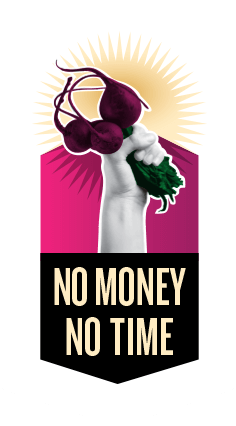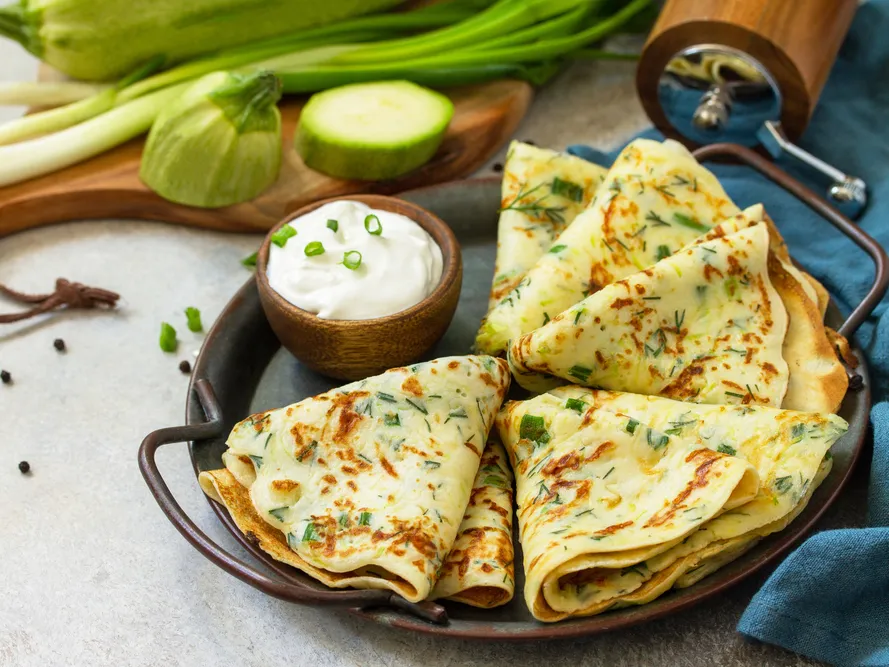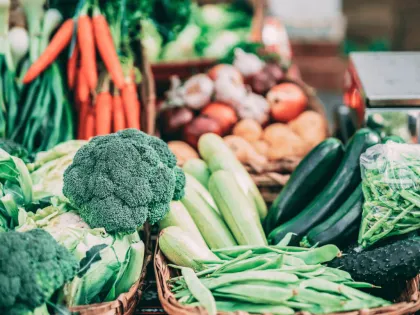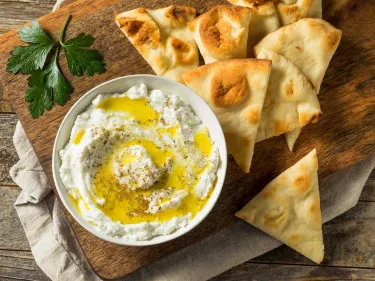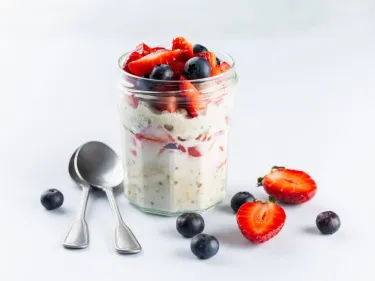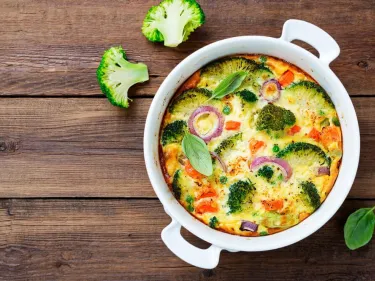Serves = 4
- 2 medium sized zucchinis
- 1 cup of wholemeal plain flour
- 1 teaspoon dried thyme
- ½ teaspoon ground turmeric
- 1 teaspoon ground cumin
- ½ cup fresh coriander (chopped)
- 1 garlic clove (finely chopped)
- ½ teaspoon grated ginger
- Chilli powder (optional)
- ½ - 1 cup of water
- 1 tablespoon Extra Virgin Olive Oil
- Sweet chilli sauce (optional)

